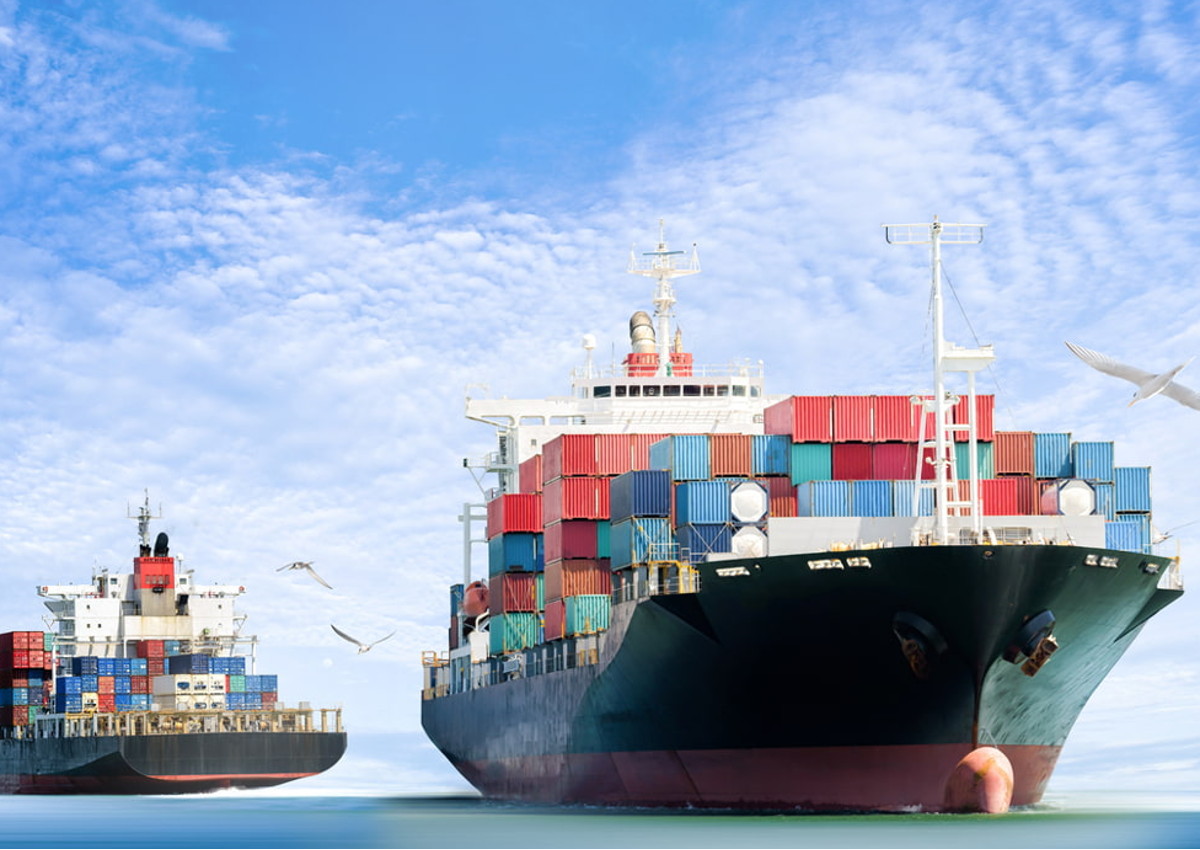
The disruption to maritime navigation caused by Houthi attacks on commercial vessels in the Red Sea is casting a shadow over Italian food exports. Altered shipping routes, escalated costs, and delayed shipments have raised concerns among Italian producers and exporters, prompting a warning from Coldiretti, the Italian farmers and breeders association. Notably, the UN Security Council’s recent approval of a resolution condemning these attacks and urging an immediate halt is seen as a positive development.
Discover authentic Italian food & beverage products on the Italianfood.net platform
The extended maritime routes linking the East and West have resulted in a substantial surge in maritime transport costs, reaching double the usual rates. Not to mention an approximately two-week prolongation of travel times, significantly impacting Italian exports to Asian markets. In 2022 alone, Italy shipped over 217 million kilograms of fruit to Asia, including 182 million kilograms of apples. Key markets, such as Saudi Arabia (66 million kilograms of apples), India (51 million kilograms), and the United Arab Emirates (15 million kilograms), are among the most affected.
The threat extends to the wine sector, where Italian wine sales in China, valued at 112 million euros, face uncertainty. Italy’s red wines, ranking among the top three global suppliers, are in direct competition with the USA for market dominance. The blockade in the Red Sea poses a substantial risk to Italian food and beverage exports to China, exceeding 570 million euros annually, with over 90% of these products relying on maritime transport.
